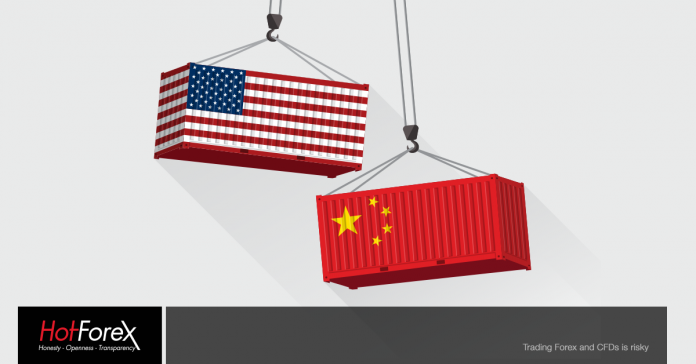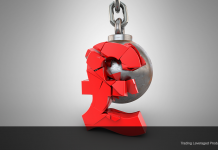One of the ongoing debates in the US economy, still looming over the election date, is whether a trade deficit is bad or good. Donald Trump suggests that the trade deficit is bad as it means that the US is producing less than it could and hence people are left without jobs. Most economists, on the other hand (here are examples A, B, and C) do not agree with this point, their arguments being that trade is beneficial to all countries, regardless of whether a particular country registers a surplus or a deficit.
To begin with, it is easy to see the validity of the economists’ arguments: how many countries would have access to technological goods they had not developed themselves if no trade existed? You would probably not have been able to read this post on your PC or your smartphone and I would have no way to communicate these views if it wasn’t for imported technology.
Then comes what economists have dubbed as comparative advantage, i.e. someone’s ability to do something much more efficiently than ourselves. This can be due to a number of reasons: not all countries can cultivate coffee beans, while not all countries can become financial or shipping hubs or have huge factories all over their territories. Consequently, geographical restrictions and benefits, as well as weather and country size can play an important role as to what goods and services a country can offer. This was well understood centuries ago (90 millenia according to this guy), as Egyptians travelled to India to obtain spices.
In recent years, this was just rephrased to mean outsourcing: instead of purchasing goods and services from abroad to transform them into different products in our own country (e.g. silicon to create computer chips), businesses have found that it is more profitable to actually construct most of the products they need abroad and then assemble them back home. This makes the whole production more efficient and thus allows firms to be more competitive across the world.
Naturally, business tactics are not the only reason for a trade deficit. Another, more important role for a trade deficit is because a country is rich and can afford to consume more than it produces. I guess the same would hold for the ancient Kingdom of Egypt and for the US: they consume because they like to and, most importantly, because they can. In fact, trade also has some interesting geopolitical implications: if country X is importing heavily from country Y then the latter is dependent on the former, thus giving country X more power.
Moving from trade to trade deficits, a usual argument in favour of trade deficits is the following: if someone is willing to give you goods in exchange for pieces of paper (which is what money really is) then wouldn’t you be very happy in that scenario? It costs nothing to print pieces of paper and, so long you are prudent in printing, the pieces will more or less maintain their value. In this case, it should not matter if your deficit is 2% or 15% of GDP.
In real life though, it does. A higher trade deficit would usually mean a depreciation of the currency, while, at the same time, it would mean an improvement in domestic consumption. The question which matters is how this trade deficit is supported. Despite the apparent complexity in the economy, there are really not many reasons on why this could happen: government spending, bank lending, central banks issuing money and less savings.
Usually, the first three are the “culprits” for the increase in spending, all of which can lead to unsustainable trade deficits. For example, rapid credit expansion, uncontrollable increases in government deficit and debt, as well as excessive money printing, can all be blamed for trade deficits going bad.
Still, this is not absolute: a large trade deficit can also be indicative of a growing economy, as consumption and investment are increasing. A stable, but not excessive, credit expansion, a government deficit which is not in greater than GDP growth, and money printing in regular quantities can be viewed as contributors to higher growth than warning signals.
What’s the conclusion: a trade balance is not bad on its own, unless it is associated with credit booms, unsustainable government policies, or reductions in the savings rate. While in developed countries these events are less frequent than in developing ones, they can still occur. Still, it’s far more often the case that a banking or a sovereign debt crisis will erupt rather than to experience trade balance problems.
Click here to access the HotForex Economic Calendar
Dr Nektarios Michail
Market Analyst
HotForex
Disclaimer: This material is provided as a general marketing communication for information purposes only and does not constitute an independent investment research. Nothing in this communication contains, or should be considered as containing, an investment advice or an investment recommendation or a solicitation for the purpose of buying or selling of any financial instrument. All information provided is gathered from reputable sources and any information containing an indication of past performance is not a guarantee or reliable indicator of future performance. Users acknowledge that any investment in FX and CFDs products is characterized by a certain degree of uncertainty and that any investment of this nature involves a high level of risk for which the users are solely responsible and liable. We assume no liability for any loss arising from any investment made based on the information provided in this communication. This communication must not be reproduced or further distributed without our prior written permission.



















